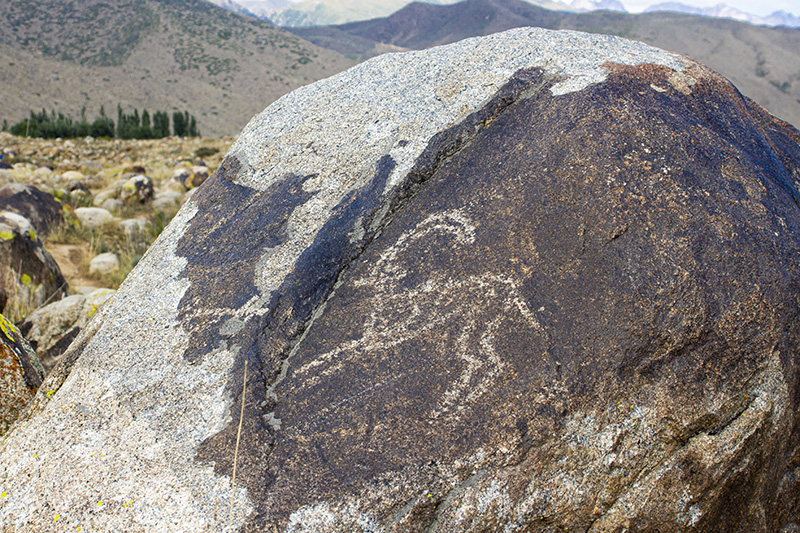
With the way dentists and hygienists are always sucking saliva away or blowing your teeth dry, you’d think we had something against it. But the truth is that saliva is very beneficial to your overall and oral health. Here are a few facts about how saliva protects your smile that you may not already know.
It Starts the Digestion Process
Saliva does more than keep your mouth moist and lubricate your food for easy swallowing, it actually starts the digestion process. Saliva contains a type of enzyme called amylase that breaks down the starch in foods into sugars so they can be more easily digested. This is why foods that contain a lot of starch, such as potatoes, may get a slightly sweet flavor as they’re chewed.
It Can Help Rebuild Your Teeth
Saliva holds on to minerals that you get from what you eat and drink and helps distribute these minerals to your teeth. In particular, saliva can hold on the fluoride from your diet and from your toothpaste or mouthwash. This is one reason you shouldn’t rinse with water for at least 30 minutes after brushing! You would be washing away or diluting that fluoride-filled saliva. The minerals in your saliva can help rebuild damage to your teeth, such as the very earliest stages of a cavity.
It Helps Keep Your Mouth Clean
We produce saliva continuously when we’re awake and swallow it regularly. This may seem like just a gross unnecessary quirk of being human, but it actually does serve a purpose. Your saliva constantly washes your mouth, helping to remove food debris that may be stuck to your teeth and gums. Chewing gum after eating is beneficial to your teeth not because of any particular quality of the gum, but because the chewing action and the flavors stimulate your salivary glands, helping to cleanse your mouth.
It Allows You to Taste Your Food
Saliva is an essential part of the mechanism by which you taste the flavors in your food. Your taste buds need a liquid between them and your food in order for the flavor molecules to bind to the taste buds’ chemical receptors. Without this liquid medium between them, the flavor “message” can’t get through. For a great demonstration of this process, try this experiment. Pat your tongue dry with a towel then try eat a dry food such as crackers or cookies. Then, take another taste after re-moistening your mouth with water. Big difference, right?
Appointments Before & After Work or School & on Saturdays & Sundays!
Request Online or Call Today!
Related Posts
The Truth of Washington’s Teeth
At the dawn of the United States, before modern dentistry had evolved, tooth pain could reach historic levels. Nearly every U.S. schoolchild has heard the story of George Washington and his wooden teeth. While the story has gained a level of fiction in the style of tall tales—the false teeth he had were not wooden—the […]
It’s Possible but Rare to Have Extra Teeth
Many people are used to the idea of a tooth that feels superfluous. As we enter adulthood, our wisdom teeth come in, & a good chunk of us can’t fit them into our bite, leading to these molars being pulled. But some people experience an even greater abundance of teeth called supernumerary teeth, which are […]
Teeth Tell the Story of Humanity
While they no longer help form words, ancient people’s teeth can still tell us a lot about our shared history. Through preserved teeth, anthropologists & other scientists have been able to tell how we lived, who we were & what we ate. Teeth that survive the test of time illuminate a world long past.



